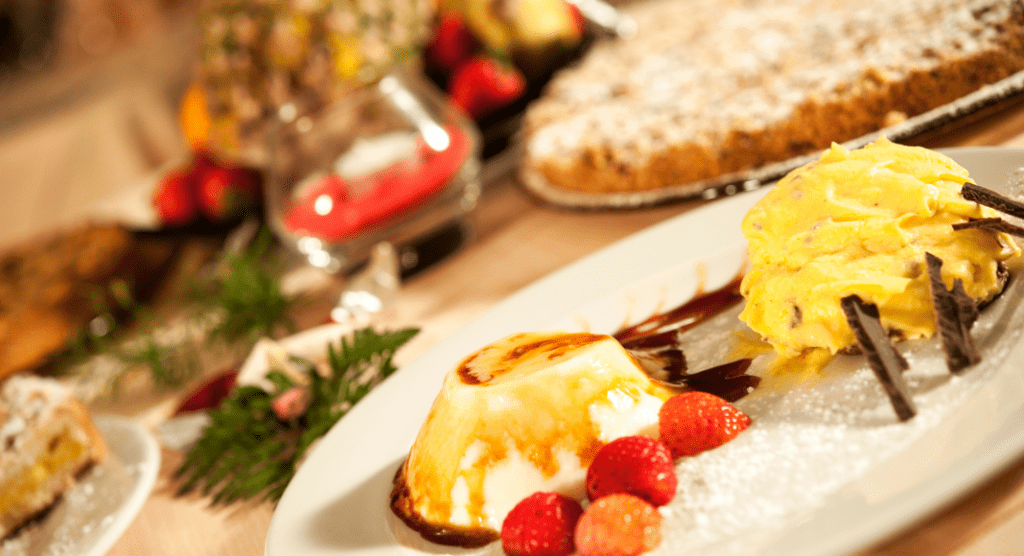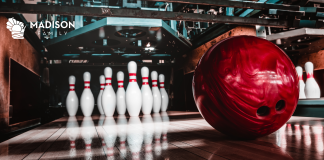When I was a kid growing up in the 90s, my family’s evening meals consisted mainly of casseroles (can you tell I grew up in the Midwest?), pasta with jarred sauce, pizza, and tacos. As a kid, this was “normal” cuisine and I had no reason to question it. But take me to an authentic Chinese or Mexican restaurant and I was lost. This food was different, unfamiliar, and dare I say, weird.
30 years later and we’ve come a long way (personally and collectively as a society), but I think it’s safe to say there’s still work to do. Do your kids see all foods as acceptable? If we’re not comfortable with different types of foods and cuisines, our kids won’t be either.
Making the change doesn’t have to be hard. Here are some ways we can make a difference in our home and community. I’d urge you start with one.
 Normalizing All Food Cuisines
Normalizing All Food Cuisines
1: Implement a “don’t yuck someone else’s yum” rule. Just because we don’t like something, doesn’t mean that someone else doesn’t love that food. Encourage your kids to be considerate of others’ feelings. When we label food as “bad” or “gross,” it can make those who enjoy those foods feel embarrassed, ashamed, or stigmatized. Instead, practice describing foods objectively—is the food salty, crunchy, juicy, or strong smelling? —instead of saying it’s good, bad, or yucky. It’s hard to do at first, but it gets easier the more you practice! If you want to say “good” or “bad,” reframe it by asking your kids if the food made them feel good or bad.
2: Offer different cuisines that may not be your first pick. Food is more than just what fuels us. It’s cultural, emotional, and comforting. Rather than condemning other foods, help your kids see that all foods and cultures can be celebrated and enjoyed. Unintentionally, we may be showing our kids that what we eat is “better” or “healthier” than the foods their friends may be eating at home.
When we’re not exposed to something early on, we’re more likely to have negative associations with it later (this goes for all foods, by the way!). Promote inclusivity by trying out new recipes, foods, or restaurants that are culturally diverse. Your kids may not be on board with trying something so unfamiliar at first, but stay with it. Providing consistency and a non-pressuring environment are keys to success. This may be a stretch even for the adults in the family, which is never a bad thing!
3: Explore and talk about different cultures together. Help your kids realize that your family’s heritage or culture is just one of many and isn’t necessarily better just because that’s what they’re most familiar with. Ask them what they had for lunch today at school or what their friends of different backgrounds had for lunch. What did it make them think about that food? Or listen to podcasts together that celebrate different cultures and cuisines.
Big change starts with small, incremental changes. Help change the conversation around food by starting at home with your kids and being the role model they need.
Kara Hoerr is a registered dietitian nutritionist and a family nutrition expert. She’s originally from Iowa, but has called Madison home for the past 7 years. When she’s not helping families and individuals end mealtime battles or quit diets for good, she’s usually baking or cooking in her kitchen, running or biking on the Madison trails, or relaxing with a good book. She never expected to start her own business, but here she is with Kara Hoerr Nutrition. She offers nutrition coaching and online courses to help moms (and dads!) out at the dinner table. To learn more or to set up a free discovery call, email Kara at [email protected], or find her on Instagram.
















